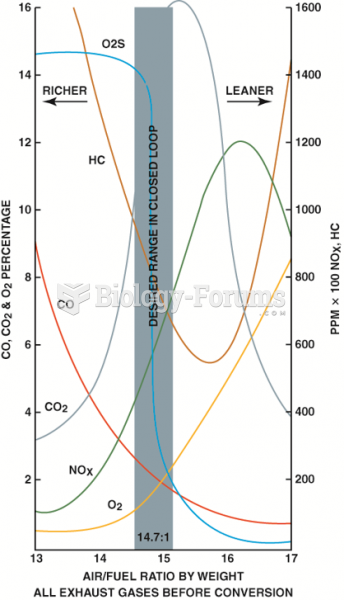Answer to Question 1
Gasoline and oil are the primary inputs for a car. For the internal combustion engine, oil is used for lubrication so it should not be a part of the fuel, but there are times when the engine is not working properly (oil leaks) and oil is also burned. In addition to the carbon-hydrogen bonds of gasoline, there are contaminants in gasoline. Some of these contaminants are normal constituents of gasoline; others are added during refining. When gasoline is burned using oxygen (another input) from the atmosphere, the contaminants are also released to the atmosphere.
The energy contained in gasoline is released during burning. During this conversion of energy some of the energy is converted to work (forward motion) and some is converted to heat and lost to the atmosphere. The first law of thermodynamics is demonstrated by the conversion from gasoline to forward motion and heat. The second law of thermodynamics is demonstrated by the disorder that is created. Gasoline is very concentrated energy. The heat energy is dissipated. Additionally, the contaminants in the gasoline are dispersed. The law of conservation of matter is also at work here; no matter is created or destroyed, it only changes form. The carbon is changed from gasoline to carbon dioxide. Carbon dioxide is a greenhouse gas.
Answer to Question 2
Look for articles on waste disposal, hazardous waste and materials, energy consumption and production, pesticide use, land use (such as building homes, business, or parks), road construction, air pollution, water pollution, consumer buying, and so forth. It is possible to find information about how we are altering abiotic and biotic factors on a local, regional, and global scale in a substantial portion of news articles. Any article on cars can be evaluated for energy efficiency, air pollution, resource extraction (petroleum, minerals, and coal) waste disposal, urban sprawl, road construction impacts, water pollution from road and parking lot runoff, and energy consumption due to road building and maintenance, traffic and street lights, and law enforcement.
Local changes may impact ecosystems on a larger scale in a variety of ways. The release of mercury from coal-fired power plants impacts local ecosystems, and the mercury moves from local ecosystems all over the world. Local loss of species impacts on a larger scale because of the loss of biodiversity.
Global changes may impact local ecosystems when overall climate shifts or if the quantity of UV reaching the surface of the planet changes.







